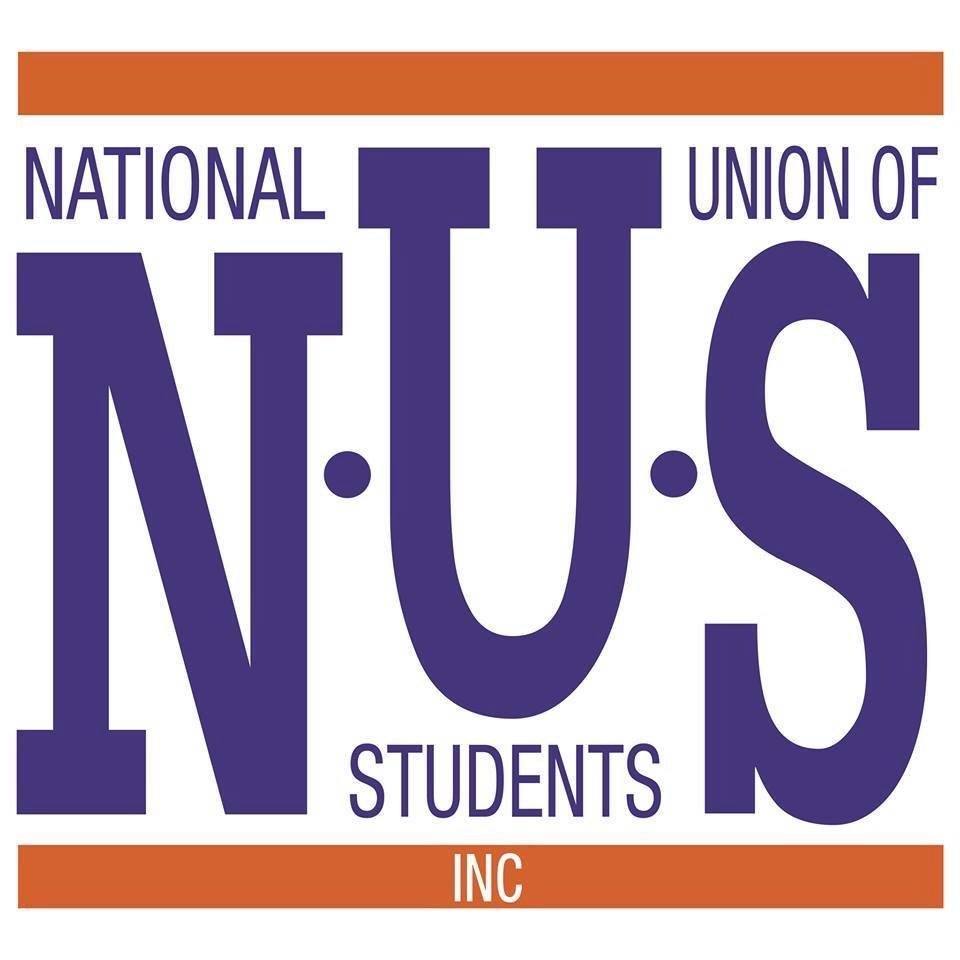In response to the COVID-19 crisis, the National Union of Students (NUS) has been campaigning for a range of policy responses from both government and universities to support students. While they have been successful in some areas, they have struggled in others.
The NUS successfully ran a grassroots campaign advocating for the extension of supplementary payments to students on Youth Allowance. This was implemented following the passage of the first COVID-19 stimulus package.
They campaigned to ensure that the second COVID-19 stimulus package – which raises JobSeeker and other income support measures – would apply to students on Youth Allowance, AUSTUDY or ABSTUDY and were granted this concession post-release of the package. As highlighted by the NUS, there are thousands of students who rely on these payments, with many of them at ANU.
The NUS Starved of Opportunity Survey found that the majority of people on Youth Allowance live on less than $14 a day after paying rent. The union continued to advocate for the stimulus increases to apply to Youth Allowance through a #RaisetheRateforAll social media campaign. They are also advocating for the age an individual is considered to be independent to be lowered from 22 to 18. This is one of a number of government priorities that they are yet to achieve.
The NUS has also highlighted the serious need for increased support during the COVID-19 crisis, for international students who are in an especially vulnerable position: paying a premium for their education, as well as the cost of living in a foreign country while undertaking an online course that they could participate in anywhere.
The union argues that this increased support should constitute international student eligibility for the Coronavirus Supplement, a reduction in student fees for online courses, the amendment of visa conditions, delayed census dates and health insurance access.
In response to the COVID-19 pandemic, the ANU has extended their Census Date for Semester 1. They have also adjusted their marking schemes to account for the effect of the pandemic.
We acknowledge the Ngunnawal and Ngambri people, who are the Traditional Custodians of the land on which Woroni, Woroni Radio and Woroni TV are created, edited, published, printed and distributed. We pay our respects to Elders past and present. We acknowledge that the name Woroni was taken from the Wadi Wadi Nation without permission, and we are striving to do better for future reconciliation.
